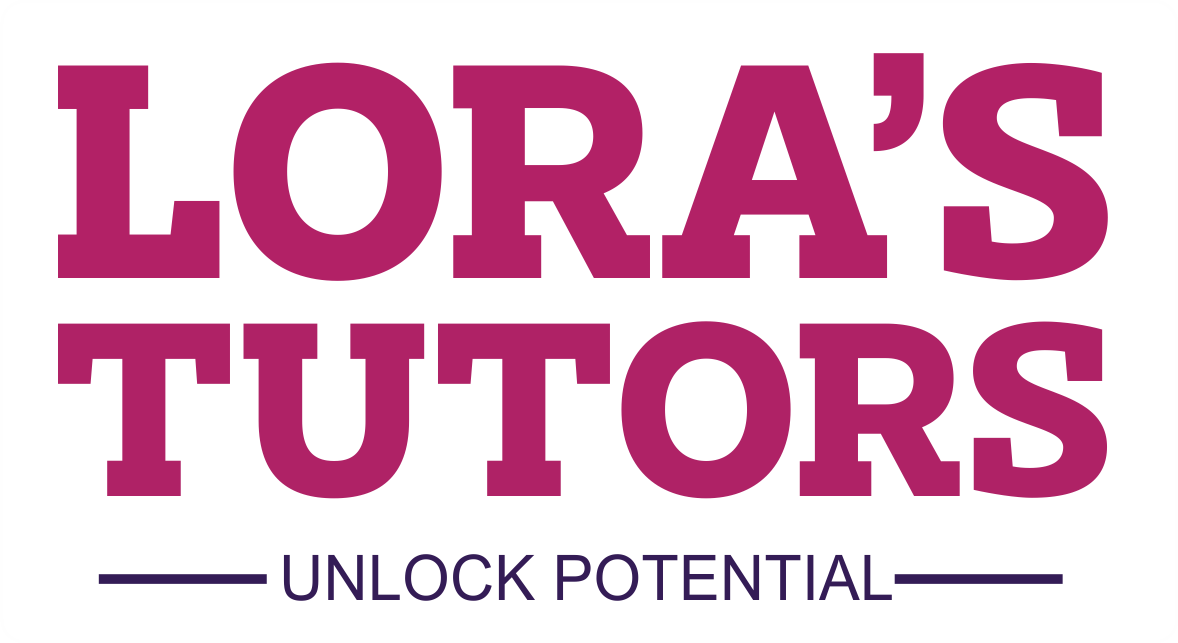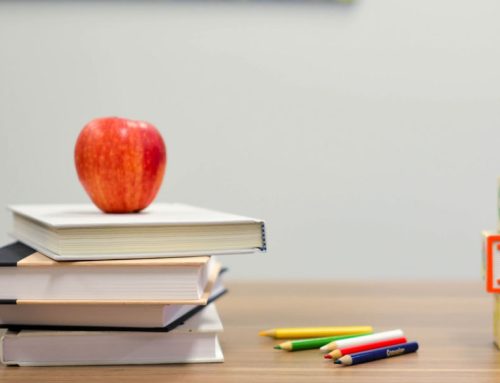
Parent-teacher consultations are a valuable opportunity to connect with your child’s teacher and gain insight into their academic and emotional well-being at school. However, these meetings can sometimes feel confusing, especially when you hear that everything is perfect. To ensure that your parent-teacher consultation is meaningful and productive, it’s crucial to be prepared. In this blog, we’ll guide you on how to get the most out of these meetings and actively engage in your child’s education.
1. Start with a Conversation with Your Child
Before you meet with the teacher, talk to your child about their feelings regarding school. Ask them how they are doing academically and emotionally. This conversation can help you pinpoint areas that may need special attention and provides a valuable starting point for the upcoming meeting.
2. Prepare Questions and Notes
It’s essential to have a clear list of questions and concerns that you want to address during the meeting. Note down what you wish to find out from the teacher, such as your child’s strengths and weaknesses, and how the school plans to address those weaknesses.
3. Address Strengths and Weaknesses
During the meeting, inquire about your child’s strengths and areas where they may need improvement. It’s equally important to understand how the school intends to support your child’s development. Ask about both the school’s approach and what can be done at home to reinforce this support.
4. Seeking Support
If your child is struggling academically, don’t hesitate to discuss with the teacher how they can be best supported. Inquire about additional resources, strategies, or accommodations that can help your child overcome challenges. Collaborate with the teacher to create a plan that encompasses both school and home efforts.
5. Addressing Behavioural Issues
If there are behaviours issues, have an open and constructive conversation about how the school is dealing with them. Explore strategies for addressing behavioural concerns at home. Understanding why certain behaviours may be deteriorating and the underlying reasons behind it is vital to implement effective solutions.
6. Additional Concerns
Remember to address any other concerns you may have during the meeting. Whether it’s related to your child’s social interactions, extracurricular activities, or specific needs, this is your opportunity to ensure that no aspect of your child’s well-being is overlooked.
7. Collaborate with the Teacher
Finally, work closely with the teacher to form a plan on how to best support your child’s growth and development. The teacher is your ally in your child’s education journey, and together, you can create a comprehensive strategy to ensure your child’s success.
In conclusion, parent-teacher consultations are not just about hearing that everything is perfect; they are a chance to actively engage in your child’s education. By preparing in advance, asking the right questions, and fostering open communication with the teacher, you can ensure that these meetings become a valuable tool in supporting your child’s academic and emotional development.


